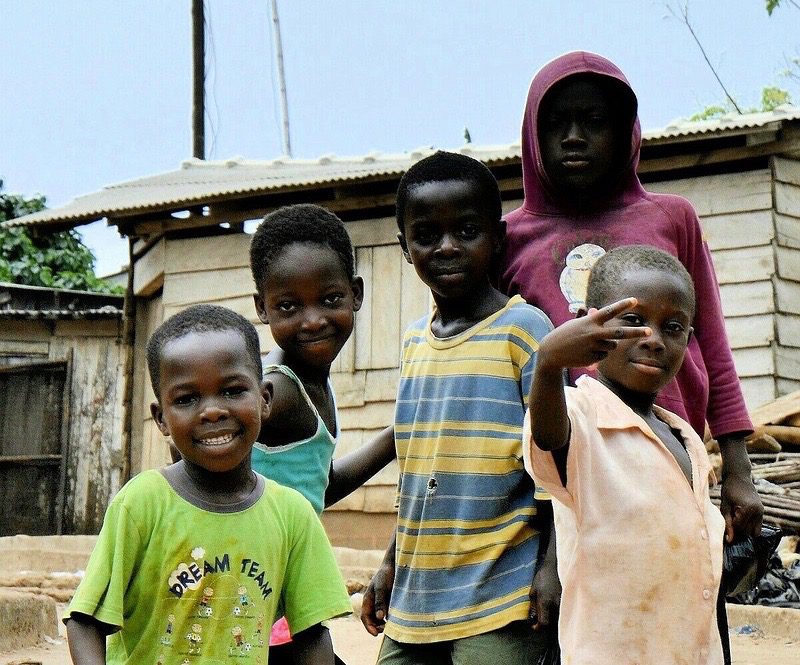
Exploring child prostitution in a major city in the West African region
Abstract
The study explored the characteristics of child prostitution in a major city in the West African region. A convenience sample of children in prostitution, specifically girls below age 18 (n = 243), were recruited on 83 prostitution sites identified in Ouagadougou, the capital city of Burkina Faso. A survey instrument, consisting of 71 closed-ended question items, was used to explore various variables including profile of children in prostitution, factors of vulnerability to prostitution; prostitution practices, compensations and related issues in child prostitution. The findings show that most children in prostitution in the city were from Burkina Faso (63%) and Nigeria (30%), two countries that do not share borders. Most native respondents practiced prostitution for survival and to support their families. In contrast, all the respondents from Nigeria practiced prostitution as victims of international sex trafficking. An important finding was that 77% of the children in prostitution surveyed were educated. Among the respondents, there were similarities in the major life events that contributed to their situation of prostitution. These life events include early separation with parents, sexual abuse, foster care, and forced marriage. Implications for policy, practice and research are discussed.
Read full report here.
If you or someone you know is a victim of child sexual abuse you can find resources from Helping Survivors here.
